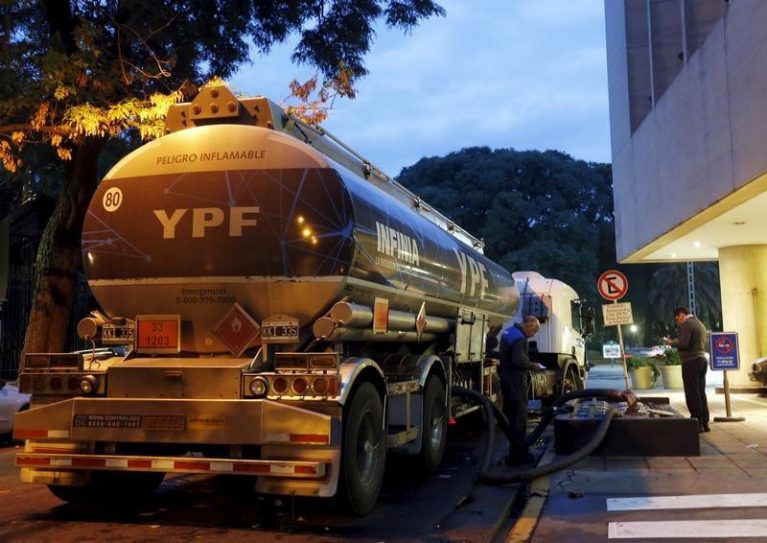YPF will face "macroeconomic stress" and regulatory framework changes this year, according to a report released by the credit rating agency Moody's on Latin American state-owned enterprises.
The agency noted that the company operates in a scenario where local energy demand in Argentina will slow down this year amid the country's economic recession and "triple-digit inflation, which reduces consumers' purchasing power."
However, according to Moody's, YPF will benefit "significantly" from extensive modifications in the regulatory framework of the hydrocarbons sector.
Moody's recalled that the government of Javier Milei is promoting significant regulatory changes in the hydrocarbons sector, including the removal of price controls to align them with export and import parity values, as well as the liberalization of the oil and gas export market.
The rating agency mentioned that the government appointed two new executives at YPF "to help the company navigate the new regulatory environment during the period of macroeconomic stress."
Horacio Marín was appointed CEO of YPF in December 2023 and brings experience in the oil and gas sector from his tenure at the Exploration and Production division of the Tecpetrol oil company, part of the Techint group.
The Milei administration also appointed Federico Barroetaveña, from Techint, as YPF's CFO.
YPF, Argentina's largest hydrocarbon producer, recorded losses of $1.277 billion in 2023 compared to a profit of $2.234 billion in 2022.
The oil company, whose shares are traded on the Buenos Aires and New York stock exchanges, announced last month that it will invest $5 billion this year, with $3 billion focused on the Vaca Muerta unconventional hydrocarbon formation in southwestern Argentina.
The investment is part of the four-year strategic plan launched by Marín to transform YPF into a company focused on "world-class" unconventional hydrocarbons.

